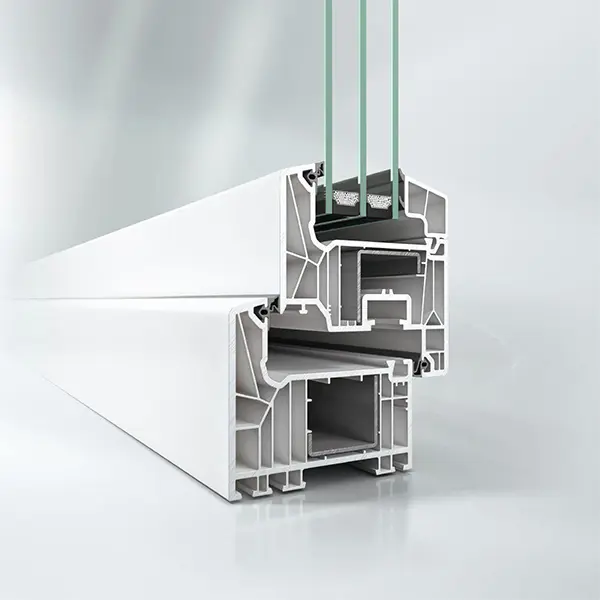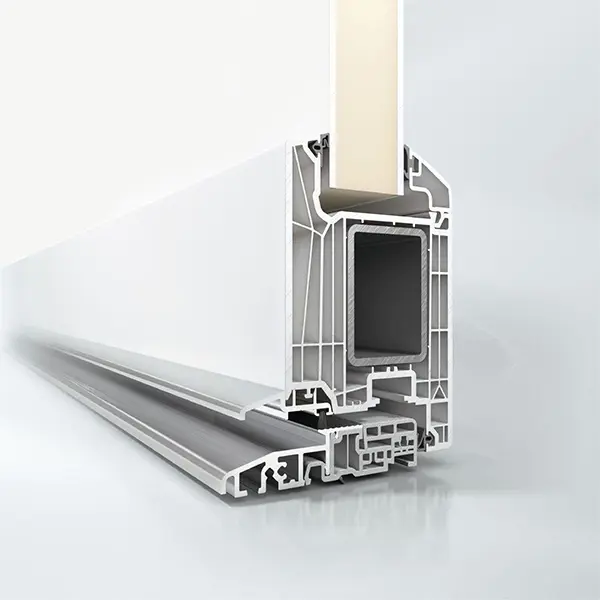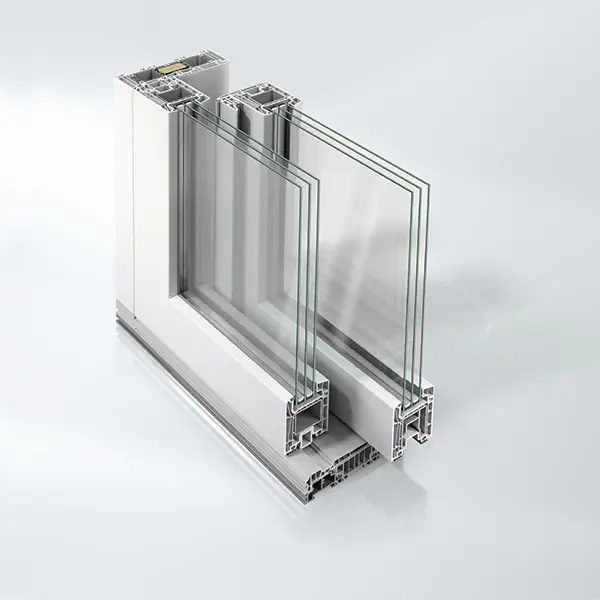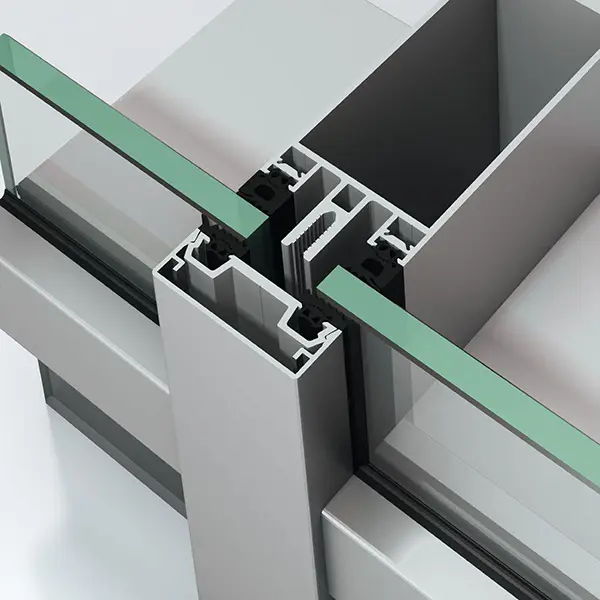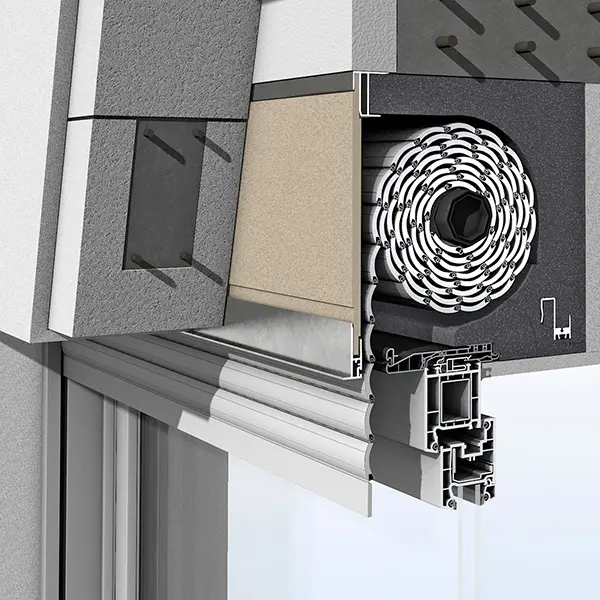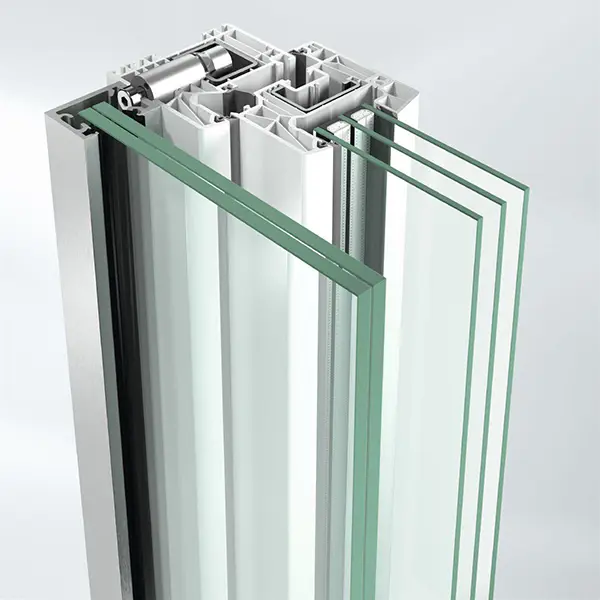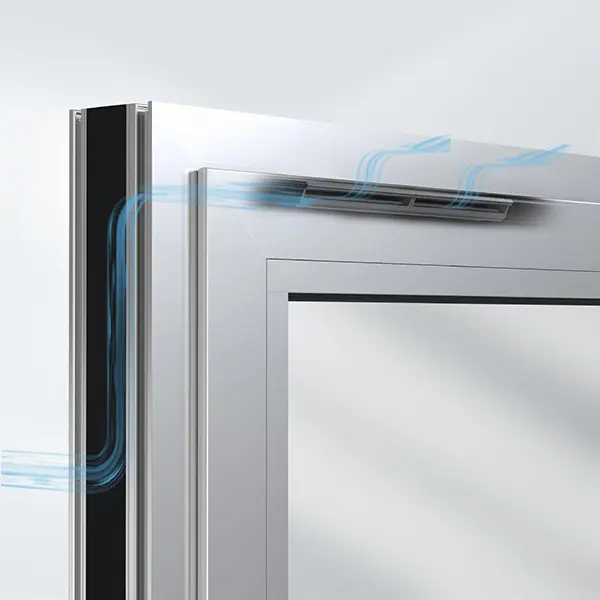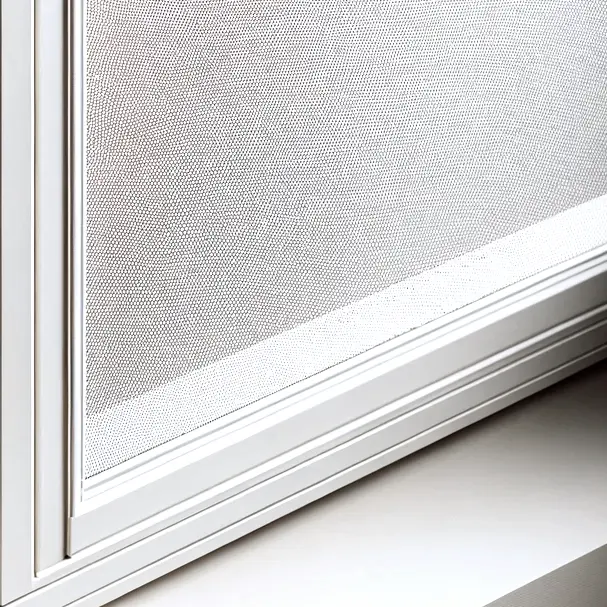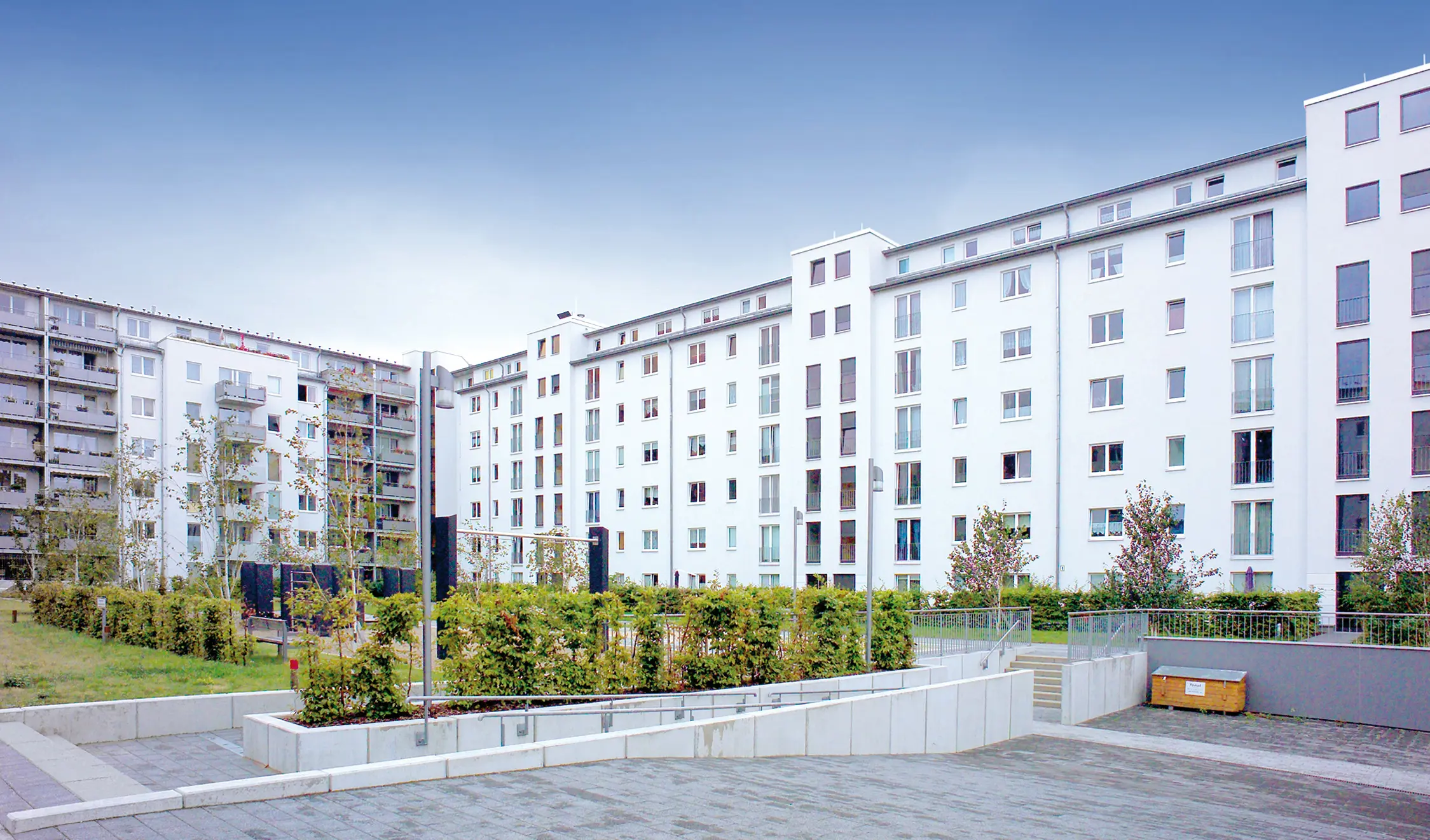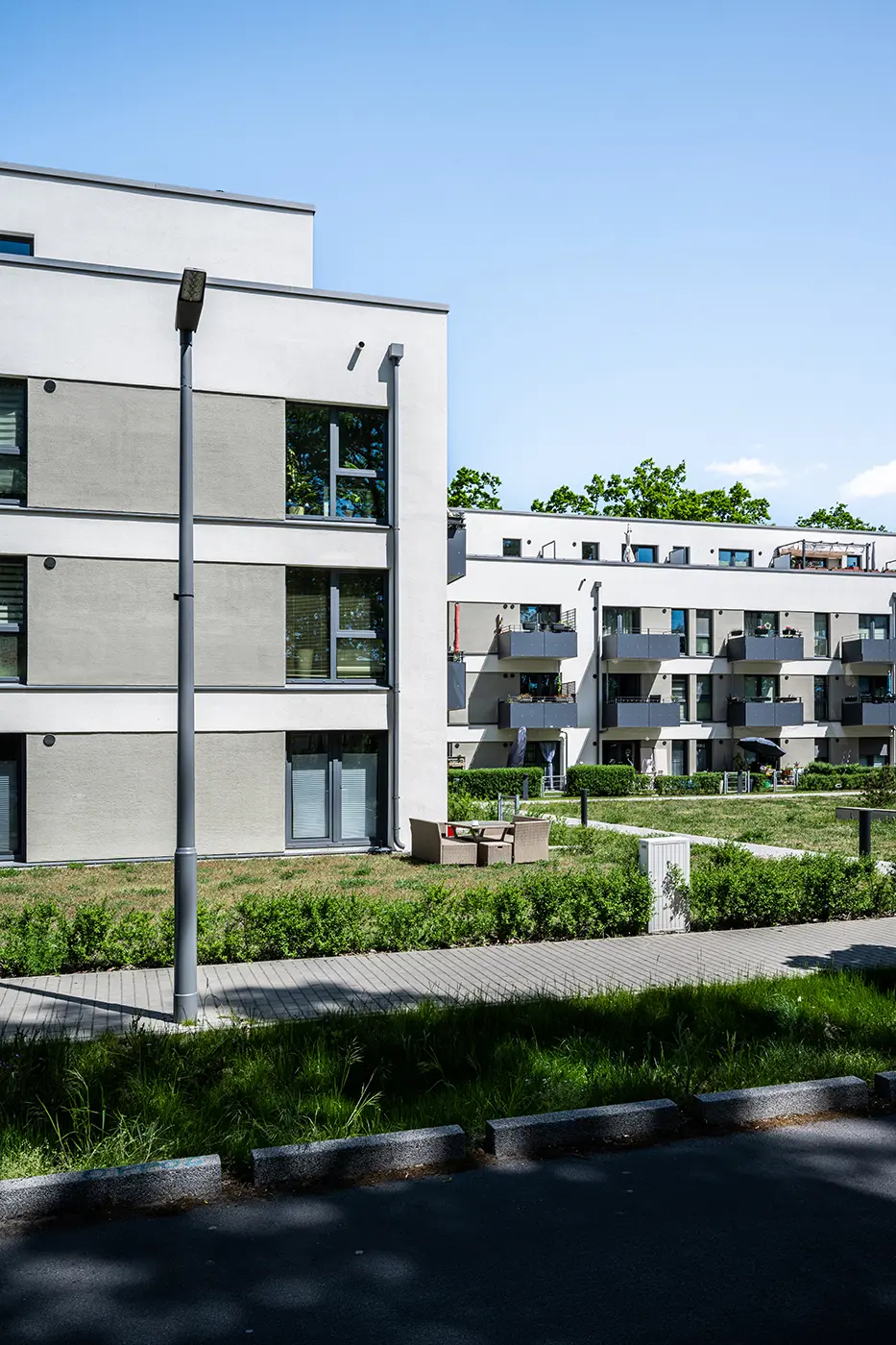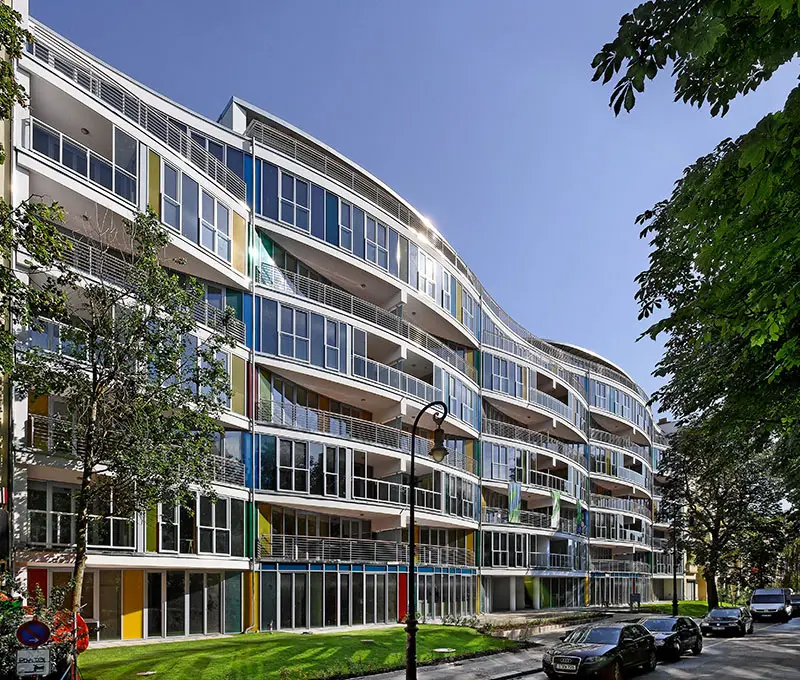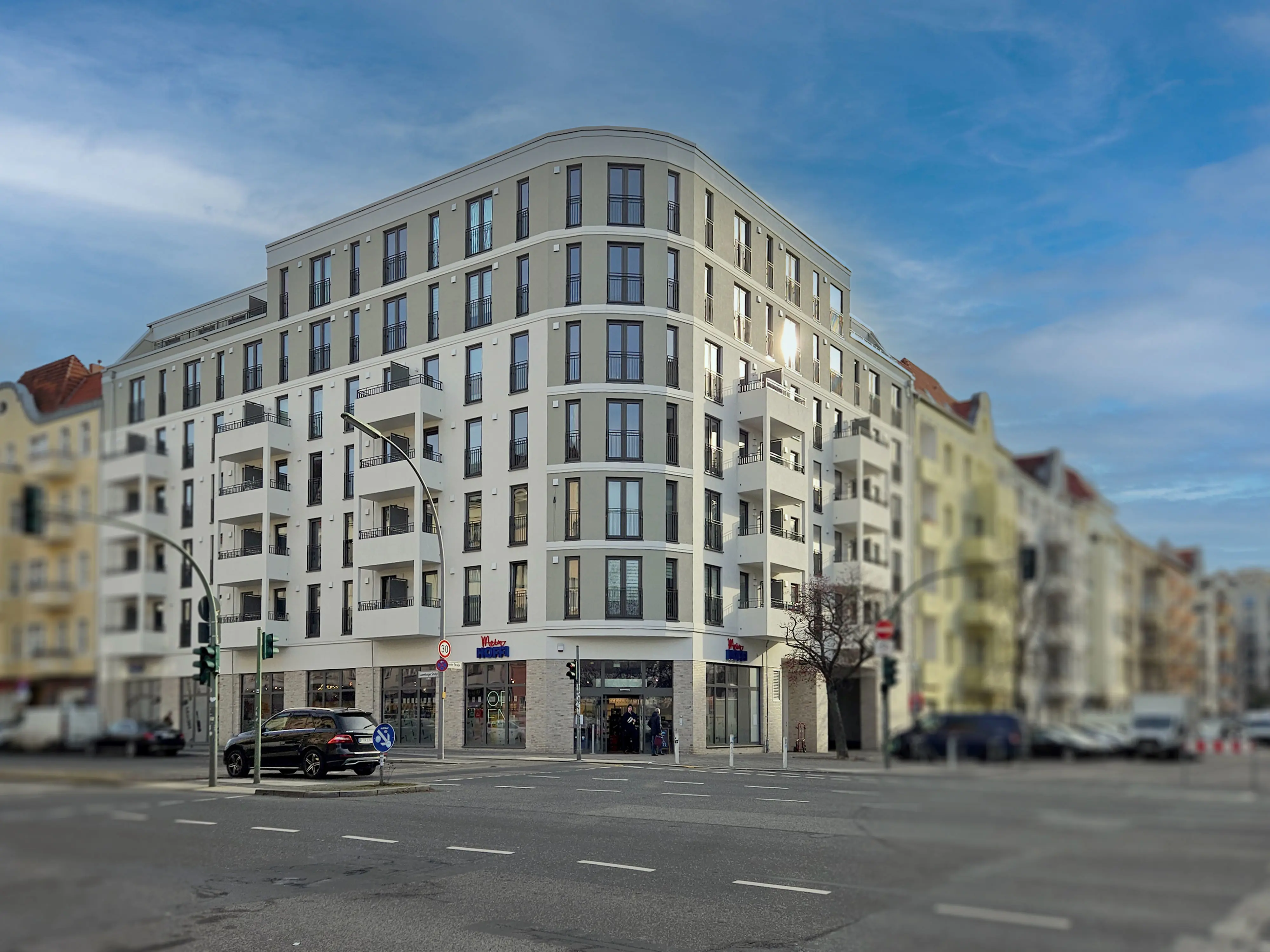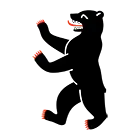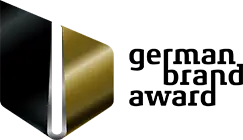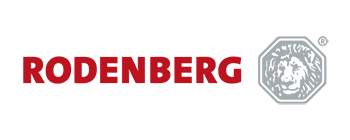Kunststoff- und Aluminiumfenster, neu definiert für modernes Wohnen.
Im Herzen Deutschlands gefertigt und auf modernster Robotik-Technologie basierend, vereinen unsere Fenster und Türen Eleganz, Funktionalität und Nachhaltigkeit. Mit der Verwendung von erstklassigem Kunststoff und Aluminium setzen wir neue Standards für Langlebigkeit und minimale Wartung. Entdecken Sie die Zukunft des Bauens: Umweltfreundlich, innovativ und perfekt in Form und Funktion.
-
FENSTER
![FENSTER]()
-
TÜREN
Türen Plus: Kunststoff und Aluminium für mehr Sicherheit.
![TÜREN]()
-
SCHIEBEELEMENTE
Licht neu definiert: Unsere Schiebetüren aus PVC bieten minimale Ansichtsbreiten für maximale Transparenz.
![SCHIEBEELEMENTE]()
-
FASSADEN
Vielseitig durch Design: Das FW | 50 mit endlosen Fassadenlösungen, optimiert für eine einfache Montage.
![FASSADEN]()
-
SONNENSCHUTZ
Nahtlose Integration: Sonnenschutz, konzipiert für jedes Fenster und jede Tür.
![SONNENSCHUTZ]()
-
ABSTURZSICHERUNG
Die modernen Absturzsicherungen werden direkt am Fensterprofil montiert und fügen sich so harmonisch in das Fassadenbild ein.
![ABSTURZSICHERUNG]()
-
LÜFTUNGSSYSTEME
Lüftungssysteme
![LÜFTUNGSSYSTEME]()
-
INSEKTENSCHUTZ
Intelligenter Schutz: Maßgeschneiderte Insekten- und Pollenlösungen für Ihre Fenster und Türen.
![INSEKTENSCHUTZ]()
Jedes Bauvorhaben ist mehr als nur ein Projekt; es ist ein Erlebnis. Mit unseren Fenstern wird jede Vision rundum perfektioniert und bringt Leben in die Räume. Neue Anfänge, perfekt eingerahmt. Wir sind nicht nur stolz auf unsere Bauvorhaben; sie inspirieren uns.
Aus Liebe zu unserem Planeten: Jede Entscheidung ist durchdrungen von Nachhaltigkeit und sozialer Verantwortung. Von unseren solarbetriebenen Einrichtungen bis hin zu unserer Flotte von emissionsfreien Fahrzeugen, von umweltbewussten Materialien bis zur Förderung der nächsten Generation – wir stellen nicht nur Fenster und Türen her, wir machen einen Unterschied.
